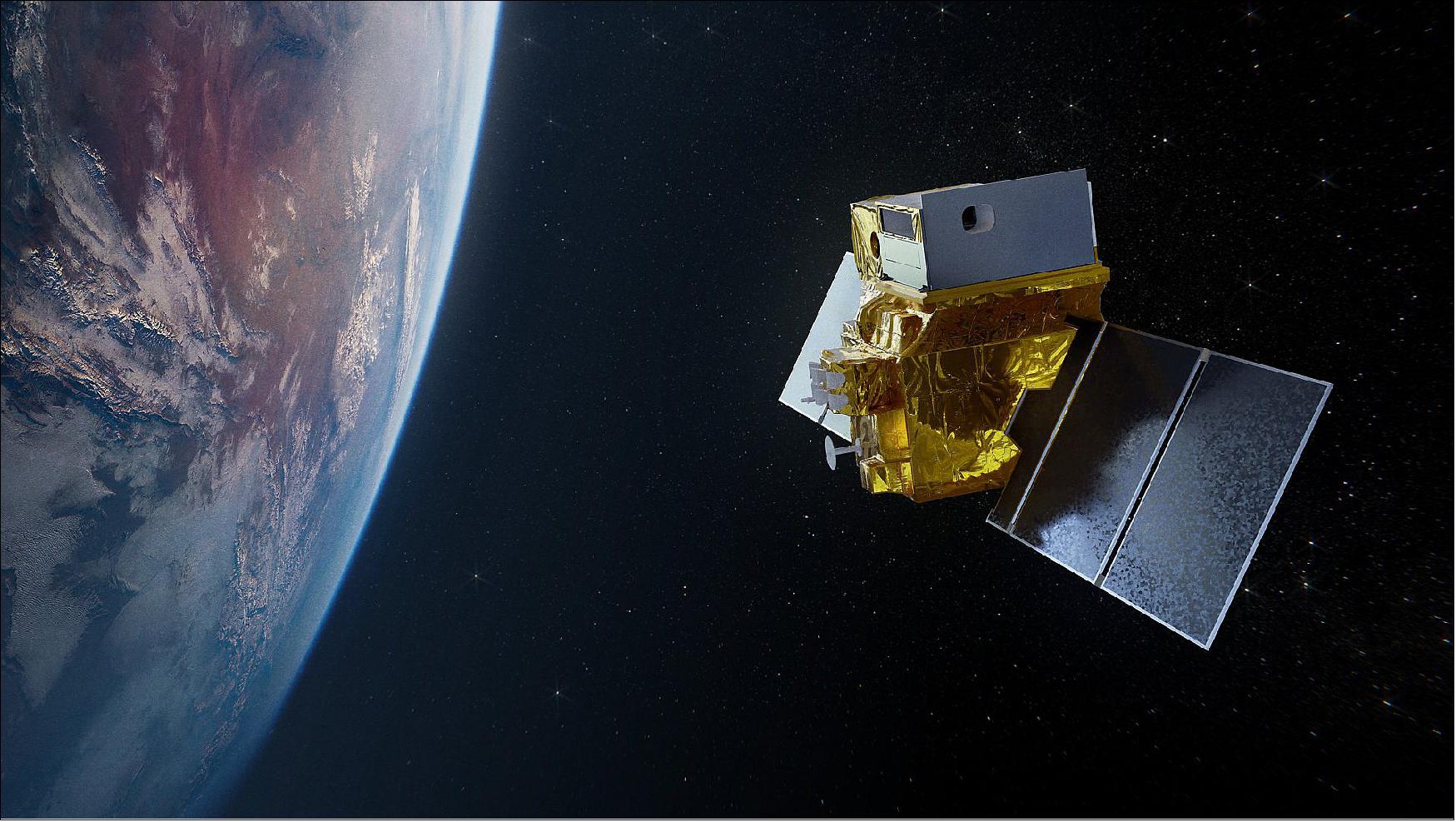SOURCE: AFI

The Indian Space Research Organisation (ISRO) has revealed details about the Trishna mission, a collaborative effort with the French space agency CNES (Centre National d’Études Spatiales). Trishna, which translates to “thirst” in Hindi, is a aptly named satellite designed to address water and food security concerns in the face of climate change.
While a specific launch date remains undisclosed, ISRO has outlined the mission’s objectives and technical specifications. Trishna will be equipped with a Thermal Infra-Red (TIR) payload provided by CNES and a Visible-Near Infra-Red-ShortWave Infra-Red (VNIR-SWIR) payload built by ISRO. This combination will enable high spatial and temporal resolution monitoring of Earth’s surface temperature, emissivity, and biophysical variables.
The mission has several key goals:
- Detailed monitoring of Earth’s energy and water budgets: This will provide crucial data for understanding climate patterns and resource management.
- High-resolution observation of water quality and dynamics: Improved water quality monitoring will be vital for freshwater management and pollution control.
- Assessment of urban heat islands: Data on urban heat islands will aid in developing strategies to mitigate the effects of climate change on cities.
- Detection of thermal anomalies linked to volcanic activity and geothermal resources: This information can be used for disaster preparedness and exploration of renewable energy sources.
- Monitoring of snowmelt runoff and glacier dynamics: Trishna’s data will be essential for understanding the impact of climate change on glaciers and water resources.
The satellite will operate in a sun-synchronous orbit at an altitude of 761 km, offering a 5-year operational lifespan. It will provide high-resolution data (57 meters for land and coastal areas, 1 kilometer for oceans and polar regions) that will contribute to various global initiatives. These include GEOGLAM (Group on Earth Observations Global Agricultural Monitoring) for agricultural monitoring, the UN’s Sustainable Development Goals, and the Global Water Watch.
Trishna’s mission highlights the growing importance of international collaboration in addressing global challenges like climate change. The data collected by this Indo-French satellite will be a valuable resource for scientists and policymakers working to ensure a sustainable future for our planet.